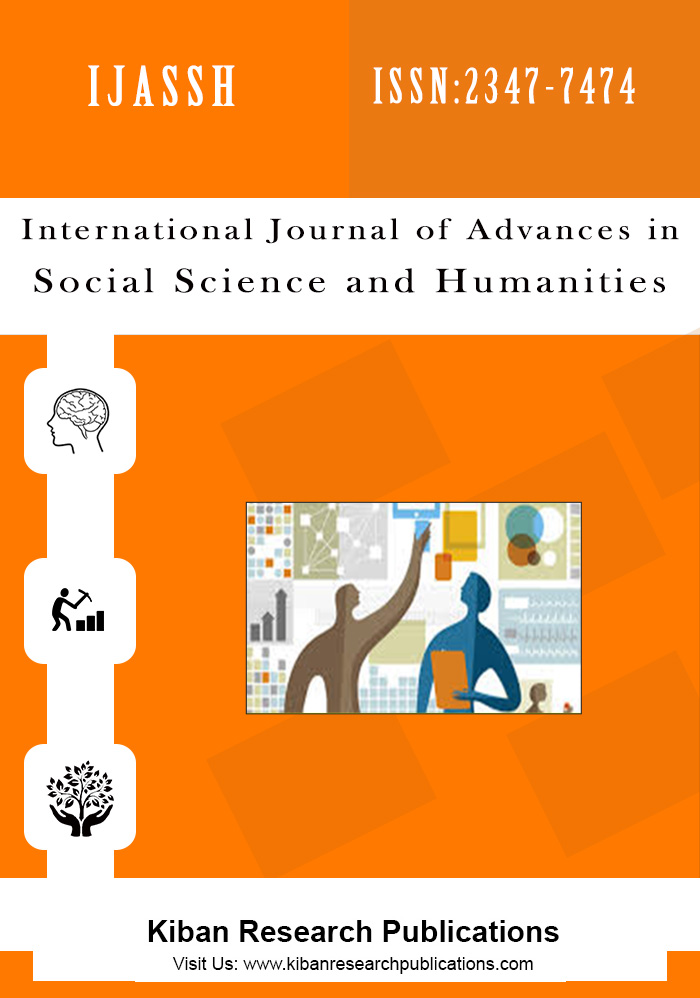Work-Life Conflict among University Employees in a Private Higher Education Institution in Malaysia
Abstract
Work-life conflict can be described as the situation where conflict arises from incompatibility between fulfilling one’s roles in the work and non-work domains. The available literature has depicted work-life conflict as something negative, as it bring about stress to individuals due to lack of time and energy. From the organisation’s point of view, work-life conflict brings about an apathetic attitude at work and low motivation. The objective of this study is to examine the relationship between work-related, family-related and individual-related factors and work-life conflict amongst university employees in a selected private higher education institution in Malaysia. The outcome of the study revealed that work is the main and significant factor contributing to work-life conflict. Respondents in this study did not feel that family demands were contributing to their work-life conflict, but rather that support from their family helped in reducing the tension arising from the conflict. Regarding individual-related factors, the findings revealed that this aspect is significant but weakly related to work-life conflict. Finally, this study also found that the current issue of rising cost of living is contributing to the work-life conflict situation, suggesting that economic factors can also contribute to work-life conflict. The implications of this study for the surveyed institution and the employees in terms of work, pay and resources support are discussed.
Keywords: Work-life conflict, Individual-related factors, Family-related factors, Work-related factors, Private Higher Institution, Malaysia.




